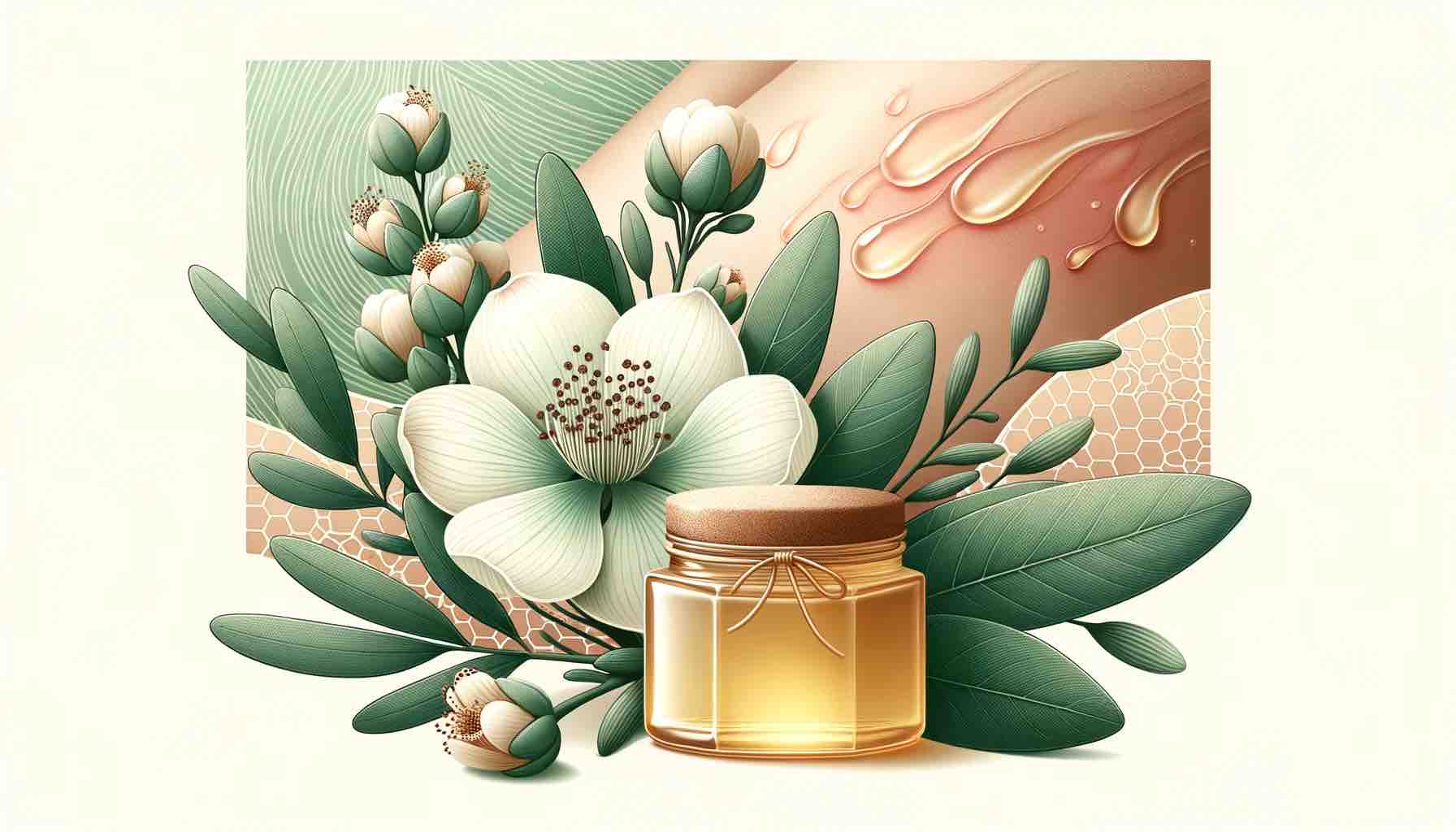
Welcome to the world of fennel seeds – an unassuming yet powerful ingredient that holds the key to radiant, youthful skin and a host of other health benefits. This comprehensive guide delves into the myriad of ways fennel seeds can enhance your wellbeing, focusing primarily on skin health but also touching upon their overall nutritional value.
The Skin Care Powerhouse
- Antioxidant-Rich Natural Antiseptic: Fennel seeds are packed with antioxidants, acting as a natural antiseptic for your skin. They work wonders in fading dark spots, reducing wrinkles, and combating fine lines. Incorporate a fennel seed-infused product into your skincare routine and witness a visible improvement in your skin texture.
- Cellulite and Aging Combatant: The diuretic properties of fennel seeds help in flushing out toxins, thereby reducing cellulite. Anethole, a compound in fennel seeds, boosts collagen production, providing an anti-aging effect that rejuvenates your skin from within.
- Deep Cleansing Agent: Utilize fennel seed water as a deep cleanser to unclog pores and purge impurities like dirt and dead skin cells. Its antibacterial properties make it an excellent remedy for acne-prone skin.
- Puffy Eyes No More: The soothing properties of fennel seeds can effectively reduce puffiness around the eyes. Using fennel seed water ice cubes is a quick and refreshing way to soothe tired, puffy eyes.
Beyond Skin: Holistic Health Benefits
- Digestive Health: Fennel seeds are known for their ability to soothe the digestive system, reducing gas, bloating, and stomach cramps. Regular consumption can lead to improved digestion and gut health.
- Anti-inflammatory and Anticarcinogenic: These seeds have potent anti-inflammatory properties, making them beneficial in reducing chronic inflammation. Their anticarcinogenic qualities also suggest a potential role in cancer prevention.
- Respiratory Relief: Fennel seeds can be effective in alleviating respiratory ailments like asthma and congestion, thanks to their expectorant properties.
- Hormonal Balance: Particularly beneficial for women, fennel seeds help in regulating menstrual cycles and alleviating symptoms of menopause, promoting hormonal balance.
Incorporating Fennel Seeds into Your Life
- Fennel Tea: Start your day with a cup of fennel tea. It’s not only a skin elixir but also a health tonic that can improve your overall wellbeing.
- Topical Application: Create face masks using ground fennel seeds mixed with ingredients like yogurt and honey for a nourishing and natural skin treatment.
- Culinary Uses: Incorporate fennel seeds into your cooking. They add a sweet, licorice-like flavor to dishes and provide a nutritional boost.
- Direct Consumption: Chew on raw fennel seeds post-meals for fresh breath and digestive benefits.
Conclusion
Fennel seeds are not just a culinary delight but a versatile, potent ingredient for skin health and overall wellness. Their multifaceted benefits make them a must-have in your health and beauty arsenal. Embrace the power of fennel seeds and unlock a world of natural, effective health solutions!
10 FAQs About Fennel Seeds for Skin Health
- What are the main benefits of fennel seeds for skin? Fennel seeds offer a range of benefits including acting as a natural antiseptic, reducing cellulite, anti-aging effects, deep skin cleansing, treating acne, and soothing puffy eyes.
- Can fennel seeds help with acne? Yes, their antiseptic and anti-inflammatory properties make fennel seeds effective in treating acne.
- How do fennel seeds aid in anti-aging? The antioxidant properties of fennel seeds combat free radicals, thus reducing signs of aging like wrinkles and fine lines.
- Is it safe to use fennel seeds on all skin types? Generally, yes, but it’s always best to do a patch test first, especially if you have sensitive skin.
- Can I use fennel seeds to treat skin pigmentation? Yes, their antioxidants and vitamins can help in reducing dark spots and uneven skin tone.
- How can I use fennel seeds in my skincare routine? You can make a face mask with ground fennel seeds, use fennel seed water as a toner, or drink fennel tea for internal benefits.
- Do fennel seeds have benefits for hair as well? Yes, fennel seeds can promote hair growth, reduce scalp itchiness, and improve hair texture.
- Are there any dietary benefits of consuming fennel seeds? Fennel seeds aid digestion, provide anti-inflammatory benefits, and can improve overall health.
- How often can I use fennel seeds on my skin? For topical use, 2-3 times a week is usually safe. As a dietary supplement, follow the recommended daily intake.
- Can fennel seeds be used for sensitive skin? Yes, but it’s advisable to start with lower concentrations and monitor your skin’s response.
Blog Tags
fennel seeds, skin health, natural skincare, acne treatment, anti-aging, detoxification, digestive health, herbal remedy, wellness, nutrition














